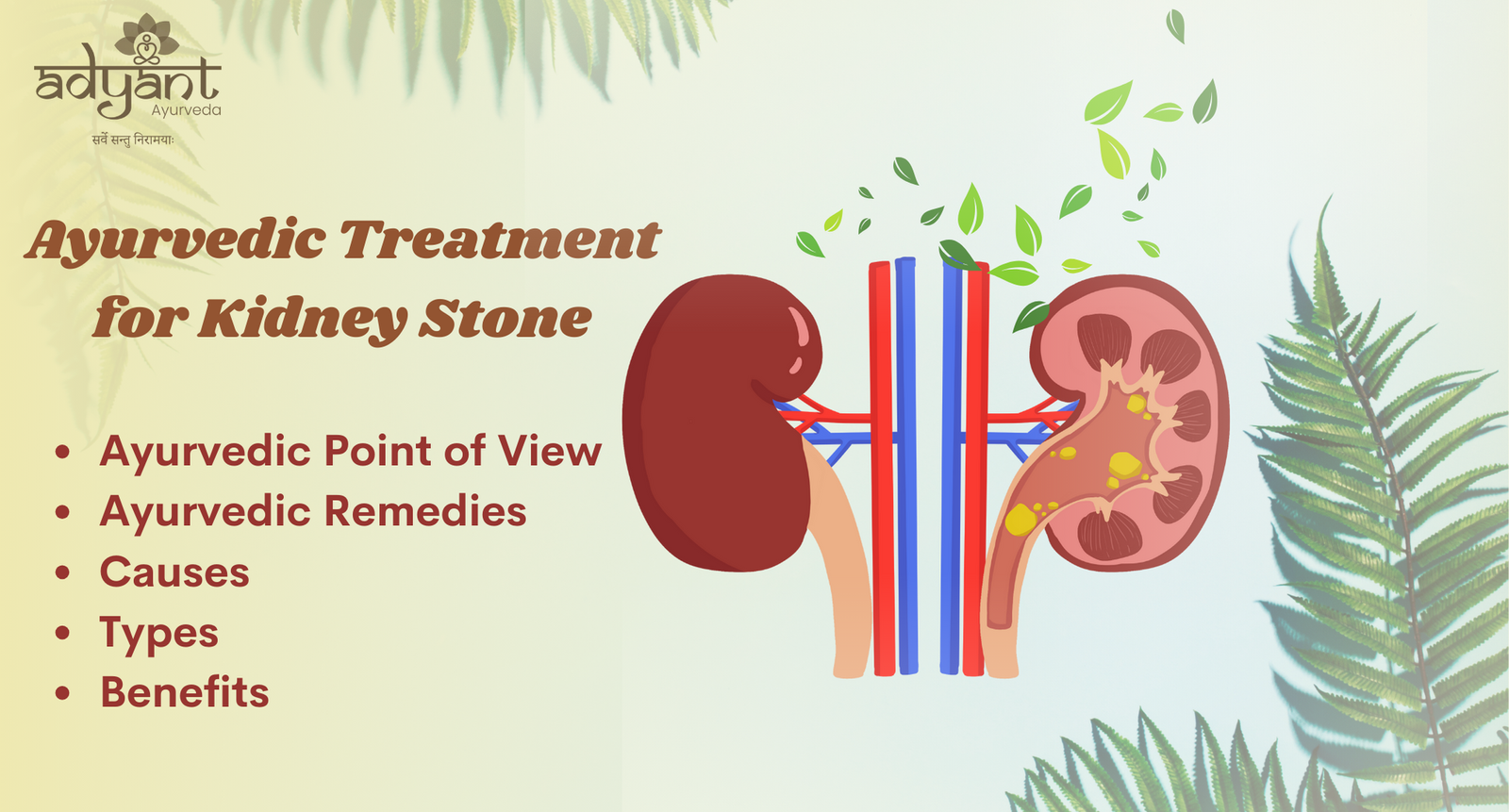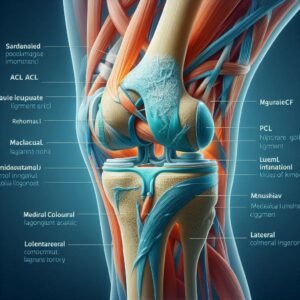Table of Contents
ToggleAyurvedic Treatment for Kidney Stones: A Holistic Approach
Introduction
Kidney stones, known as Ashmari in Ayurveda, are hard mineral deposits that form in the kidneys, leading to intense pain, discomfort, and urinary complications. Ayurveda offers a natural and holistic approach to managing and preventing kidney stones through herbal remedies, diet modifications, and Panchakarma therapies. In this guide, we explore the best Ayurvedic treatments, effective home remedies, and lifestyle changes to promote kidney health.
Understanding Kidney Stones in Ayurveda
According to Ayurveda, kidney stones result from an imbalance in the three doshas—Vata, Pitta, and Kapha. This imbalance leads to the accumulation of toxins (Ama) and the crystallization of minerals in the kidneys. Ayurvedic treatments aim to balance the doshas, dissolve stones naturally, and prevent recurrence.
Causes of Kidney Stones
Dietary Factors: Excess salt, sugar, oxalates, and processed foods
Dehydration: Insufficient water intake increases urine concentration
Lifestyle Factors: Sedentary lifestyle and poor digestion
Genetic Predisposition: Family history of kidney stones
Symptoms of Kidney Stones
Severe pain in the lower abdomen or back
Frequent and painful urination
Blood in urine (Hematuria)
Nausea and vomiting
Cloudy or foul-smelling urine
Types of Kidney Stones & Their Ayurvedic Management
Calcium Oxalate Stones – Most common type, caused by excess oxalate intake
Calcium Phosphate Stones – Linked to high alkalinity in urine
Uric Acid Stones – Caused by high purine intake from red meat and seafood
Struvite Stones – Often due to urinary tract infections
Ayurvedic Approach to Treating Kidney Stones
Ayurveda focuses on dissolving kidney stones, reducing inflammation, and preventing recurrence through herbal formulations, detox therapies, and dietary changes.
Ayurvedic Diet for Kidney Stone Prevention
✅ Foods to Include
Hydrating Fruits & Vegetables: Watermelon, cucumber, and coconut water
Alkalizing Foods: Radish, lemon, and ash gourd
Herbal Drinks: Coriander water, barley water, and buttermilk
🚫 Foods to Avoid
High-Oxalate Foods: Spinach, tomatoes, nuts, and tea
Processed & Salty Foods: Pickles, chips, and canned food
Excess Dairy & Sugar: Milk, sweets, and bakery products
Top Ayurvedic Herbs for Kidney Stones
Gokshura (Tribulus terrestris) – Natural diuretic, that helps in stone dissolution
Varuna (Crataeva nurvala) – Prevents stone formation and supports urinary health
Punarnava (Boerhavia diffusa) – Detoxifies kidneys and reduces inflammation
Pashanbheda (Bergenia ligulata) – Known as “stone breaker” for dissolving kidney stones
Shilajit – Strengthens kidney function and prevents recurrence
Effective Ayurvedic Treatments & Panchakarma Therapies
1. Basti (Medicated Enema)
Detoxifies the urinary system and helps in stone expulsion
Reduces inflammation in the kidneys
2. Uttar Basti (Urethral Enema)
Helps in clearing urinary tract obstructions
Flushes out small kidney stones naturally
3. Kshara Therapy (Alkalizing Treatment)
Herbal treatment that dissolves kidney stones over time
Prevents excessive alkalinity in urine
4. Ayurvedic Formulations
Chandraprabha Vati – Reduces inflammation and supports kidney health
Gokshuradi Guggulu – Flushes out kidney stones and prevents infections
Home Remedies for Kidney Stones
Lemon & Honey Water: Dissolves small stones naturally
Coriander Seed Water: Aids in kidney detoxification
Barley Water: Flushes out excess minerals from the body
Coconut Water: Prevents stone formation by hydrating the kidneys
Ajwain (Carom Seeds) Water: Helps in breaking down kidney stones
Lifestyle Changes for Kidney Health
Hydration: Drink at least 2.5–3 liters of water daily
Yoga & Exercise: Pawanmuktasana, Bhujangasana, and Dhanurasana improve kidney function
Stress Management: Meditation and Pranayama prevent toxin accumulation
Consequences of Ignoring Kidney Stones
Chronic Kidney Disease: Can lead to kidney damage and failure
Recurrent Urinary Tract Infections: Increased risk of bacterial infections
Severe Pain & Blockage: May require surgical intervention if untreated
Conclusion
Ayurveda provides a natural, side-effect-free approach to managing and preventing kidney stones. By following a kidney-friendly diet, using Ayurvedic herbs, and incorporating detox therapies like Panchakarma, individuals can promote kidney health and prevent stone formation. Consulting an experienced Ayurvedic practitioner ensures personalized treatment and long-term relief from kidney stones.
For expert Ayurvedic consultation and personalized kidney stone treatments, visit Adyant Ayurveda today!
Read Other Blogs:

Ayurvedic Treatments for Kidney Stone: Types, Remedies, Causes, & Diet
- Post author:Dr. Shree Lakshmi
- Post published:16th April 2024
- Post category:Ayurvedic Treatment
Dr. Shree Lakshmi
Dr. Shree Lakshmi, with over 25 years of expertise in Ayurveda, Dr. Shree Lakshmi is a senior Ayurvedic physician at Adyant Ayurveda. She specializes in advanced Panchakarma therapies and holistic treatment of chronic conditions. Known for her compassionate approach and deep understanding of dosha-based healing, Dr. Shree Lakshmi has helped thousands of patients regain balance and wellness naturally.





